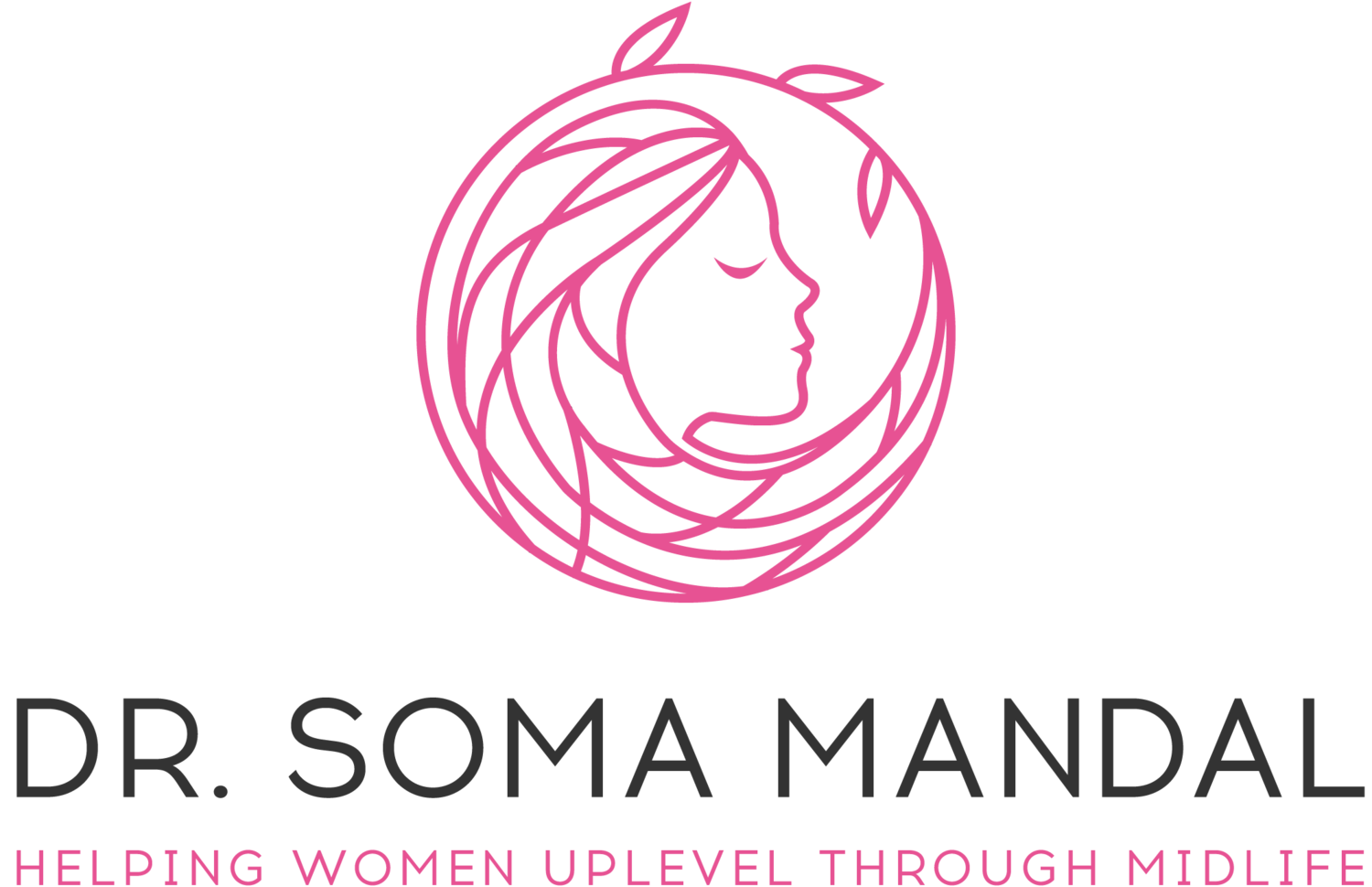Unlocking the Power of Quality Sleep
I often advocate for activities that promote relaxation such as immersing oneself in a good book, indulging in a warm bath, enjoying soothing music, or engaging in tranquil exercises like deep breathing or meditation.
Your dietary habits and timing are equally crucial. Stimulants like caffeine and nicotine can disrupt your sleep cycle, hence it's advisable to avoid these at least four to six hours before retiring for the night. It is also recommended not to sleep on an overly full or empty stomach. Refrain from consuming heavy meals close to bedtime. If hunger persists, opt for a light, nutritious snack.
Consistent physical activity can expedite sleep onset and enhance sleep quality. However, exercising too close to bedtime might have the opposite effect. Daytime naps should be kept short to prevent interference with nocturnal sleep.
Sleep is not just a passive state but a period of crucial biological activity. During deep sleep, the body undertakes essential tasks like repairing heart and blood vessels, tissue healing, energy restoration, and releasing growth and development hormones.
Sleep quality is imperative for optimal brain functioning. It aids in enhancing learning, problem-solving abilities, memory retention, attention, creativity, and decision-making skills.
Sleep deprivation can lead to emotional instability manifesting as mood swings, depression, anxiety, and other mental health issues. Adequate sleep is key to maintaining emotional and social competence.
Chronic sleep insufficiency has been linked to an elevated risk of heart disease, kidney disease, hypertension, diabetes, stroke, and obesity.
Lastly, sleep significantly influences immune function. Adequate sleep bolsters the body's defense against infections, while sleep deficiency can increase susceptibility to illnesses.






